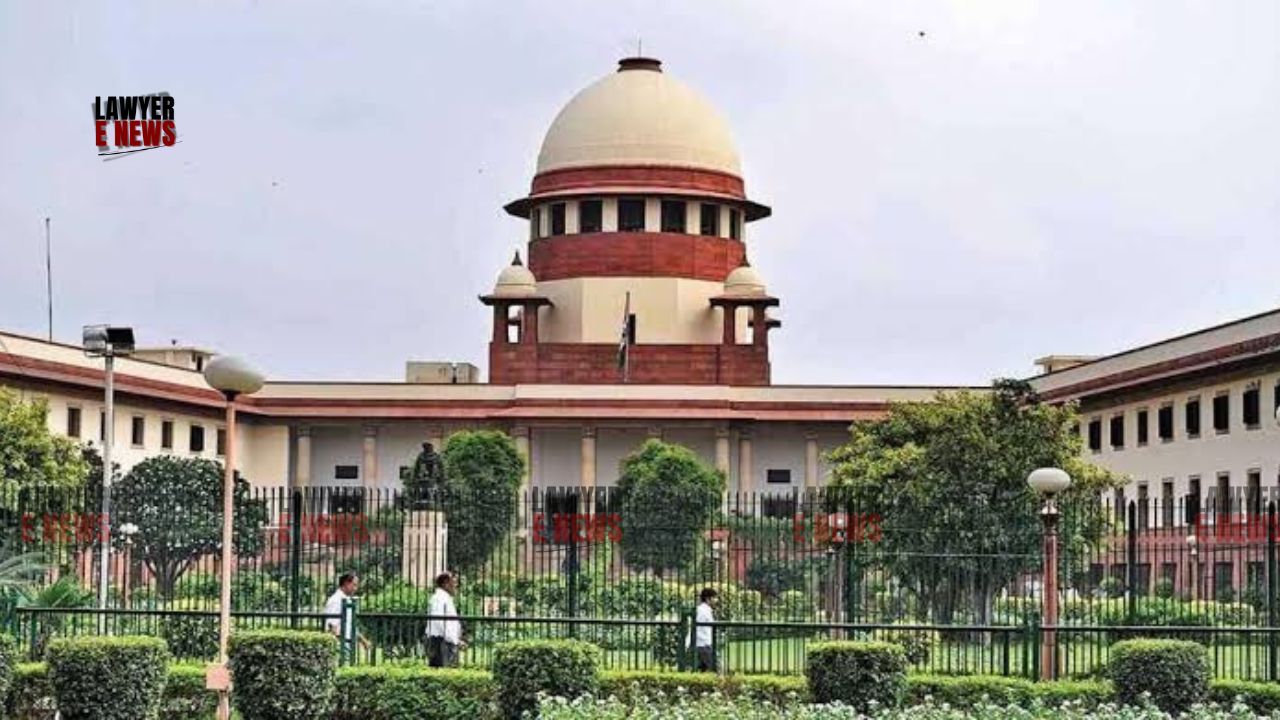-
by Admin
15 February 2026 5:35 AM



Supreme Court's stern stance on misuse of review jurisdiction reinforces the sanctity of original judgments In a significant ruling, the Supreme Court has overturned the decision of the High Court that had misused its review jurisdiction to reverse a well-considered judgment. The judgment, delivered by a bench comprising Justices Sanjiv Khanna and Dipankar Datta, emphasizes the stringent conditions under which review jurisdiction can be exercised, thereby reinstating the original decision of the Division Bench dated August 16, 2018.
The dispute stems from a complex legal saga involving the partition of properties belonging to Nawab Moin-ud-Dowla Bahadur. The initial suit for partition was instituted in 1953, resulting in a preliminary decree in 1959 and a final decree in 2003. The contention arose over the mutation of names in the revenue records, which led to a series of writ petitions and appeals concerning the enforceability of the decrees against the state government.
The Supreme Court scrutinized the High Court's decision to entertain review petitions based on additional documents that purportedly surfaced post the original judgment. The Court highlighted that the Division Bench (review) had overstepped its boundaries by treating the review as an appeal, thus fundamentally confusing its remit. The High Court had accepted the additional documents without giving the State an opportunity to rebut, and subsequently reversed the original judgment.
The Supreme Court noted significant suppression of facts by the first respondent, which amounted to a fraud on the court. The respondent had failed to disclose that the civil suit had been withdrawn against the State, a fact that was crucial to the enforceability of the decrees in question. This suppression was deemed sufficient to render the writ petition non-maintainable.
The Supreme Court reiterated that the review jurisdiction is not an inherent power and must be explicitly conferred by law. It pointed out that a review can only be sought on grounds of new evidence, error apparent on the face of the record, or any other sufficient reason analogous to these grounds. The additional documents presented by the first respondent did not satisfy these criteria as they were not materially significant to the original decision.
Justice Sanjiv Khanna remarked, "The grounds of review that the first respondent had urged in the review petition have been meticulously looked into by us. Not a single ground deserved consideration to embark on an exercise to review the judgment and order dated 16th August, 2018".
The Supreme Court's judgment underscores the importance of adhering to the stringent requirements for exercising review jurisdiction, thereby preventing its misuse. By reinstating the original judgment, the Supreme Court has reinforced the principle that reviews cannot be used as an appeal in disguise. This landmark ruling will likely influence future cases by ensuring that the sanctity of well-considered original judgments is upheld, except in the most compelling circumstances.
Date of Decision - 22nd July, 2024
S. Tirupathi Rao vs. M. Lingamaiah & Ors.
